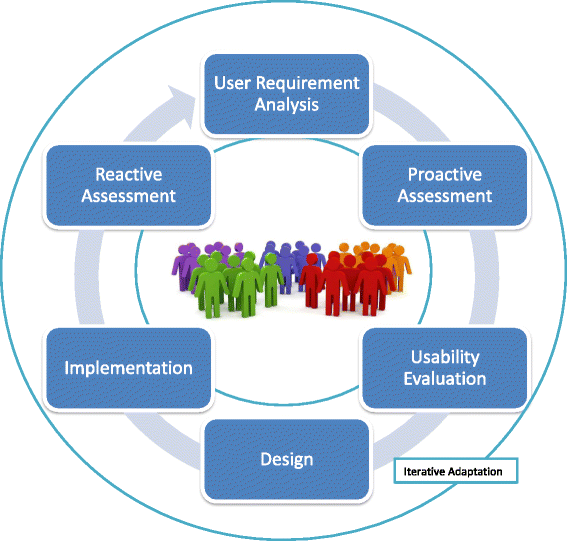Proactive Ethical Design for Neuroengineering, Assistive and Rehabilitation Technologies: the Cybathlon Lesson
- PMID: 29137639
- PMCID: PMC5686808
- DOI: 10.1186/s12984-017-0325-z
Proactive Ethical Design for Neuroengineering, Assistive and Rehabilitation Technologies: the Cybathlon Lesson
Abstract
Background: Rapid advancements in rehabilitation science and the widespread application of engineering techniques are opening the prospect of a new phase of clinical and commercial maturity for Neuroengineering, Assistive and Rehabilitation Technologies (NARTs). As the field enters this new phase, there is an urgent need to address and anticipate the ethical implications associated with novel technological opportunities, clinical solutions, and social applications.
Main idea: In this paper we review possible approaches to the ethics of NART, and propose a framework for ethical design and development, which we call the Proactive Ethical Design (PED) framework.
Conclusion: A viable ethical framework for neuroengineering, assistive and rehabilitation technology should be characterized by the convergence of user-centered and value-sensitive approaches to product design through a proactive mode of ethical evaluation. We propose four basic normative requirements for the realization of this framework: minimization of power imbalances, compliance with biomedical ethics, translationality and social awareness. The aims and values of the CYBATHLON competition provide an operative model of this ethical framework and could drive an ethical shift in neuroengineering and rehabilitation.
Keywords: Cybathlon; Ethics of assistive technology; Neuroethics; Proactive ethical design; User-centered; Value sensitive design.
Conflict of interest statement
Ethics approval and consent to participate
Not applicable.
Competing interests
The authors have no conflict of interest to declare.
Publisher’s Note
Springer Nature remains neutral with regard to jurisdictional claims in published maps and institutional affiliations.
Figures
References
-
- Klamroth-Marganska V, Blanco J, Campen K, Curt A, Dietz V, Ettlin T, Felder M, Fellinghauer B, Guidali M, Kollmar A, et al. Three-dimensional, task-specific robot therapy of the arm after stroke: a multicentre, parallel-group randomised trial. Lancet Neurol. 2014;13:159–166. doi: 10.1016/S1474-4422(13)70305-3. - DOI - PubMed
Publication types
MeSH terms
LinkOut - more resources
Full Text Sources
Other Literature Sources
Medical
Research Materials
Miscellaneous



